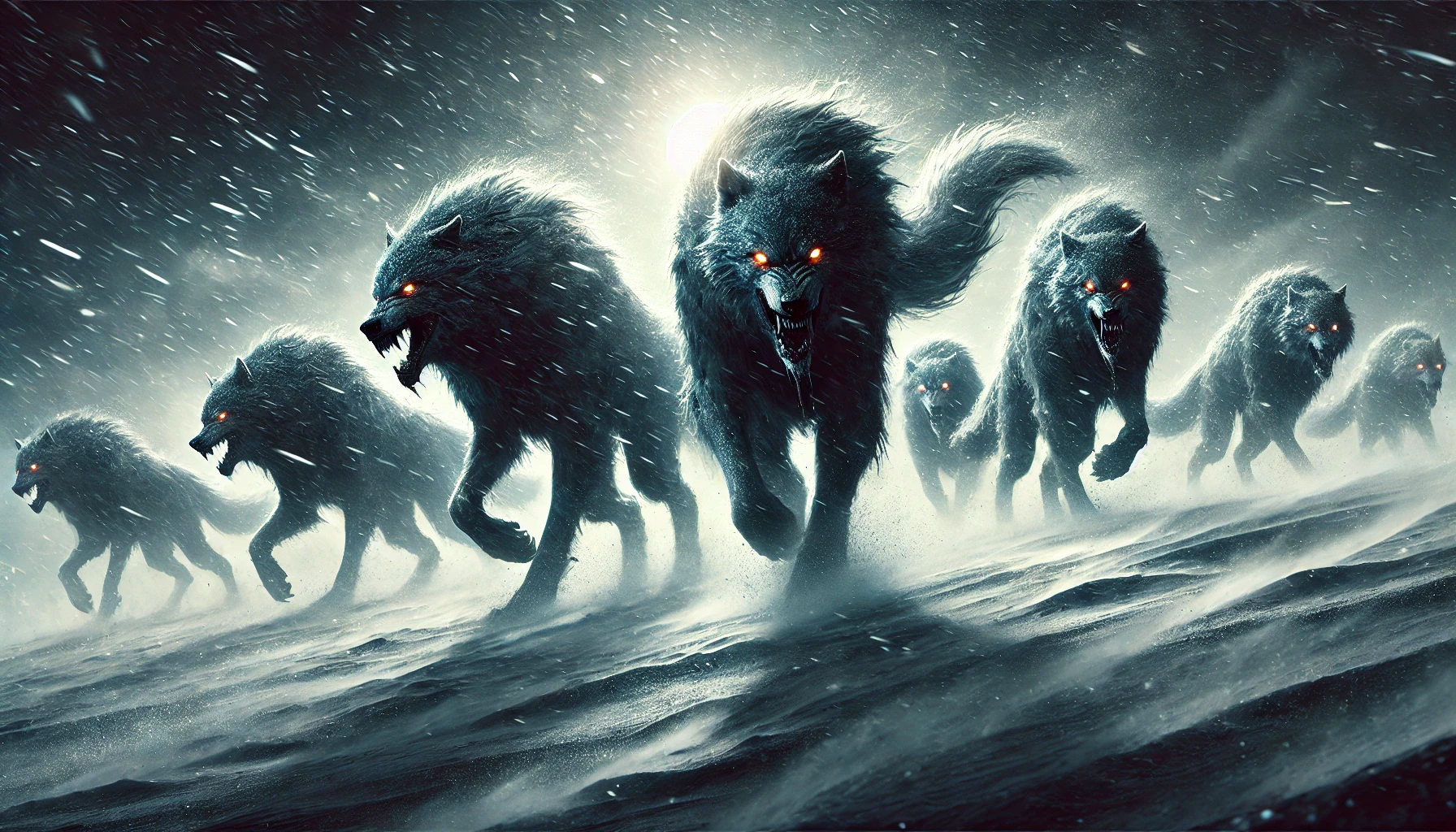When the Skies Tremble with Hoofbeats, Beware
The heavens split with the sound of rushing wings, and in a blur of silver and white, it descends. Pegasus, the winged stallion of Olympus, a creature of divine origin and boundless power, soars beyond the reach of mortals. If you are lucky, you may glimpse its form against the clouds, a fleeting vision of legend. But be warned: not all who seek to ride the Pegasus are deemed worthy, and those who betray its trust are cast down in ruin.
A Glimpse of the Winged Stallion: Appearance & Traits
Pegasus is no ordinary horse. It is a creature of radiant white, its mane and tail shimmering as though woven from the very essence of starlight. Each beat of its massive feathered wings stirs the air, sending ripples through the sky. Its eyes, deep and knowing, gleam with an intelligence beyond mortal beasts. Pegasus does not simply gallop—it ascends, defying gravity, a living embodiment of divine will.
- Wingspan: Vast and powerful, easily stretching twice the length of its body.
- Speed: Faster than any bird, able to outrun storms and pierce the heavens.
- Strength: Though graceful, Pegasus is no fragile creature; it can shatter stone beneath its hooves and carry even armored warriors with ease.
- Divine Presence: Pegasus roams beyond time’s reach, untouched by age or mortal afflictions.
Born of Blood and Thunder: Pegasus in Legend
Many accounts claim Pegasus fought alongside the hero Bellerophon, who tamed the beast with the aid of Athena's enchanted bridle. Together, they slew the Chimera, a monstrous hybrid of lion, goat, and serpent that terrorized the lands. However, Bellerophon’s arrogance proved his downfall—when he sought to ascend to Olympus upon Pegasus' back, Zeus cast him down, and Pegasus alone was welcomed into the celestial realm.
Other accounts suggest Pegasus was born from the blood of Medusa, springing forth when Perseus beheaded the gorgon. Some say the stallion later served Zeus himself, carrying thunderbolts across the heavens.
Beyond Greek mythology, similar winged steeds appear in other cultures:
- Tulpar (Turkic Mythology): A mystical flying horse, much like Pegasus, associated with warriors and divine power.
- Al-Buraq (Islamic Tradition): A celestial horse-like creature said to have carried prophets between worlds.
- Hippogriff (Medieval Lore): A later European fusion of horse and eagle, reminiscent of Pegasus in flight and grace.
Seeking Pegasus: Where the Winged Steed is Said to Roam
Legends tell that Pegasus resides upon Mount Olympus, among the gods. But those who seek it in the mortal realm are advised to look toward the highest, most untamed peaks, where the air grows thin and the ground falls away beneath endless sky.
- Sacred Springs: In legend, Pegasus struck the earth with its hoof and created the Hippocrene spring, a well of inspiration for poets and seers. Anyplace where crystal-clear waters burst forth unexpectedly may bear the stallion’s unseen touch.
- Stormy Skies: Pegasus is often seen amid thunderheads, racing alongside lightning—a sign that Zeus calls upon its power.
- The Realm Between Worlds: Some whisper that Pegasus moves freely between earth and Olympus, appearing only to those chosen by fate.
The Wild Might of Pegasus: Behavior & Abilities
Pegasus is not a wild beast, nor is it a mere steed. It is a force of divine will, untamable by common means and resistant to any who seek to possess it through trickery.
- Independent Nature: Unlike mortal horses, Pegasus chooses its own rider. No amount of force can break its will.
- Lightning-Fast Flight: The stallion can cross the sky in moments, outrunning even the swiftest birds.
- Divine Strength: Its hooves strike with the power of the gods, capable of splitting rock or summoning springs.
- Heavenly Endurance: Pegasus never tires, soaring through the skies for eternity.
If one were ever to seek out and attempt to tame the beast, they would need more than mere skill or courage—if the old tales are to be believed, they would need the favor of the gods themselves.
If You Cross Paths with Pegasus: Survival Guide
Pegasus is not a predator, but that does not mean it is safe to approach blindly. Those who wish to encounter the celestial steed must understand the risks.
- Do Not Approach Hastily – Pegasus is wary of mortals and will flee if startled. If it deems you unworthy, you will never catch it.
- Offer Signs of Respect – In myth, Athena provided Bellerophon with a golden bridle. Seek divine favor before attempting to approach Pegasus.
- Beware of Divine Retribution – Those who try to capture or harm Pegasus face the wrath of the gods.
- Should You See Pegasus, Consider What Fate Has Planned – The winged horse does not appear by chance. If you glimpse its form, consider what fate has planned for you.
A Final Omen: Pegasus and the Chosen Few
Pegasus is no mere beast to be captured or ridden for glory. It is a creature of destiny, bound to heroes, poets, and gods. Those who seek to tame it must be prepared for the trial of their lives—and the consequences of failure.
For the unworthy, Pegasus will never be caught. For the arrogant, it will spell their downfall. For the chosen few, it will soar beyond the stars, carrying them into legend.
Some say that if you hear the thunder of hooves upon the wind and glimpse a shadow streaking across the sky, look up. You may have just witnessed the flight of Pegasus—a sight that few mortals ever live to tell.



